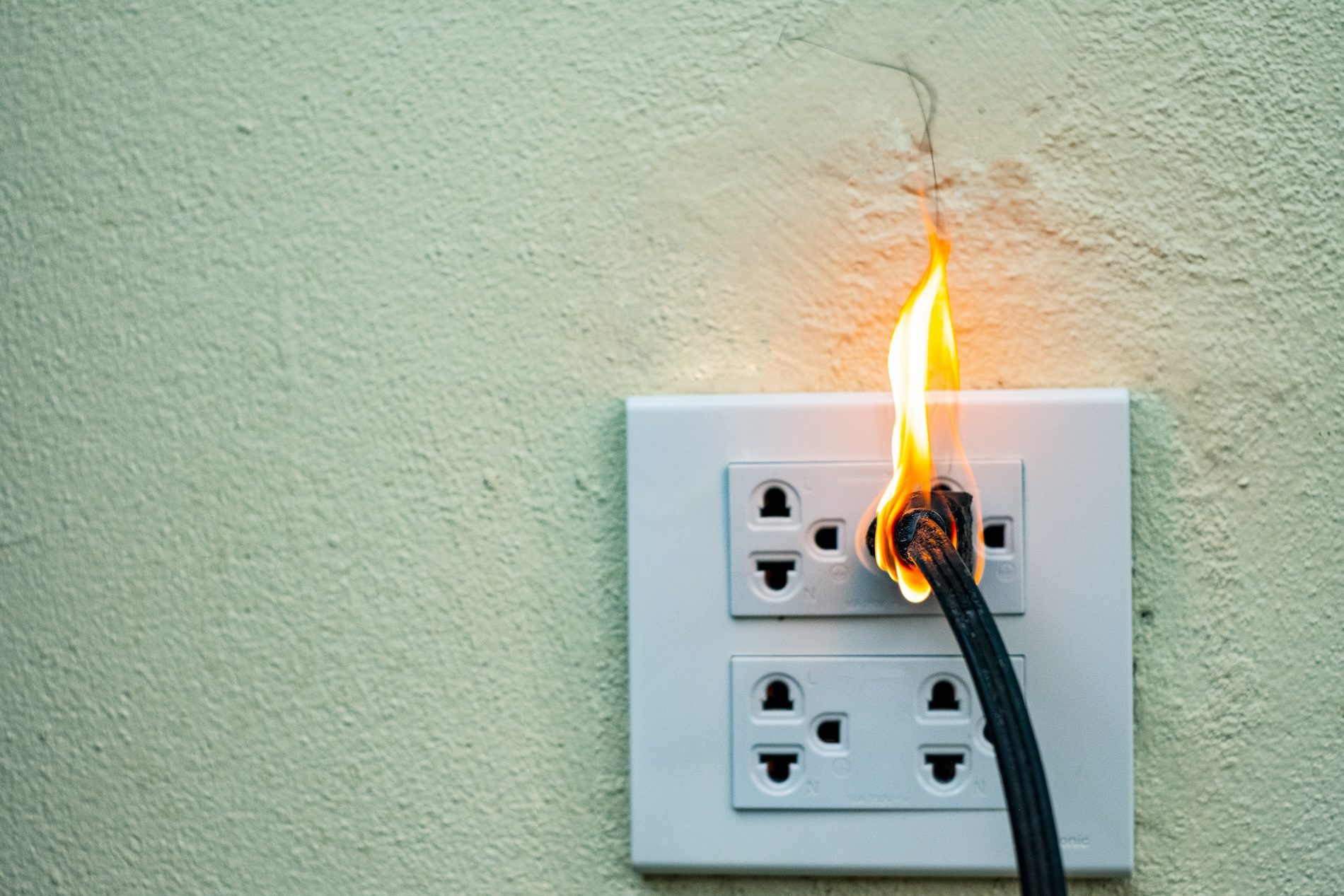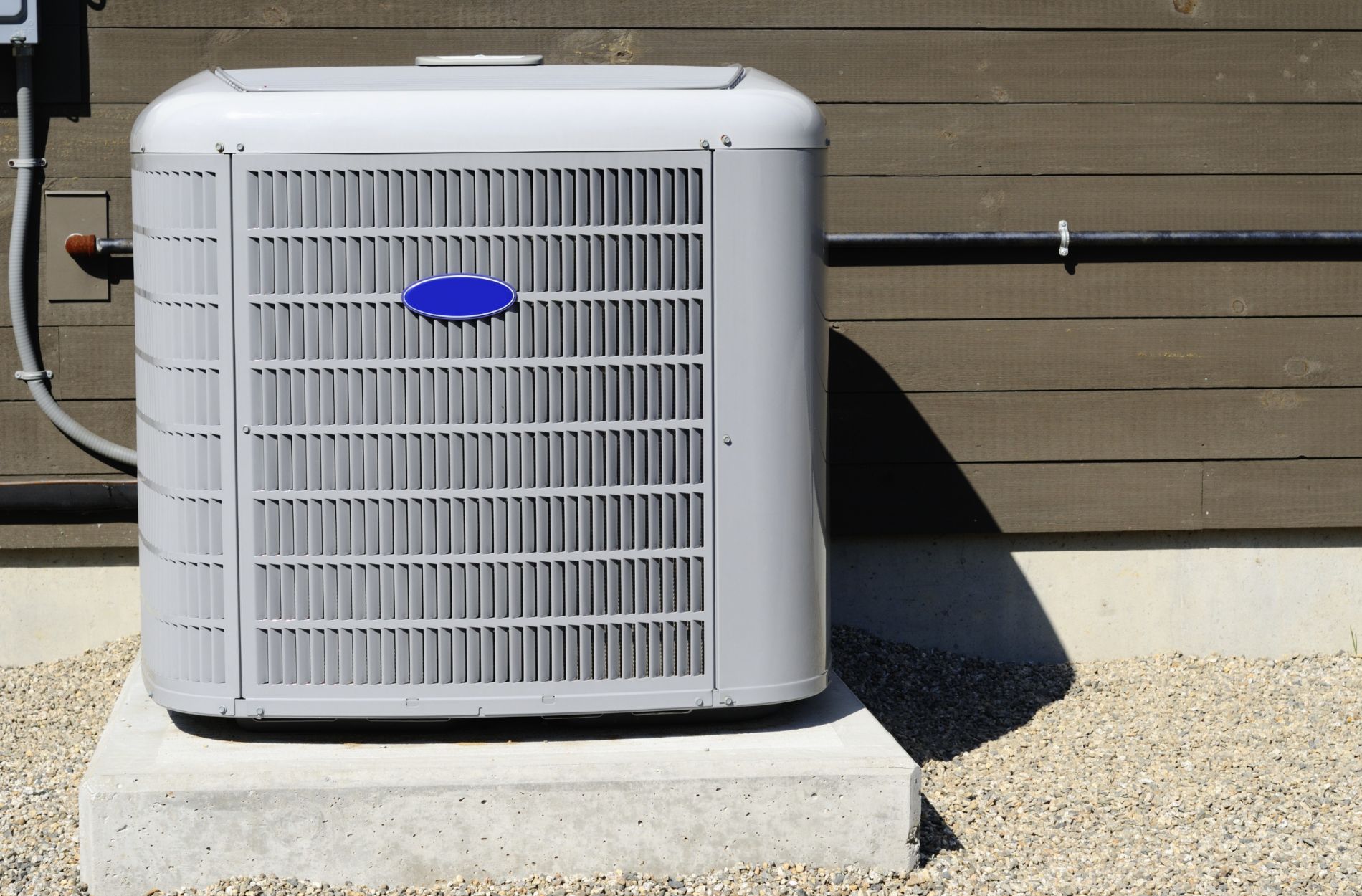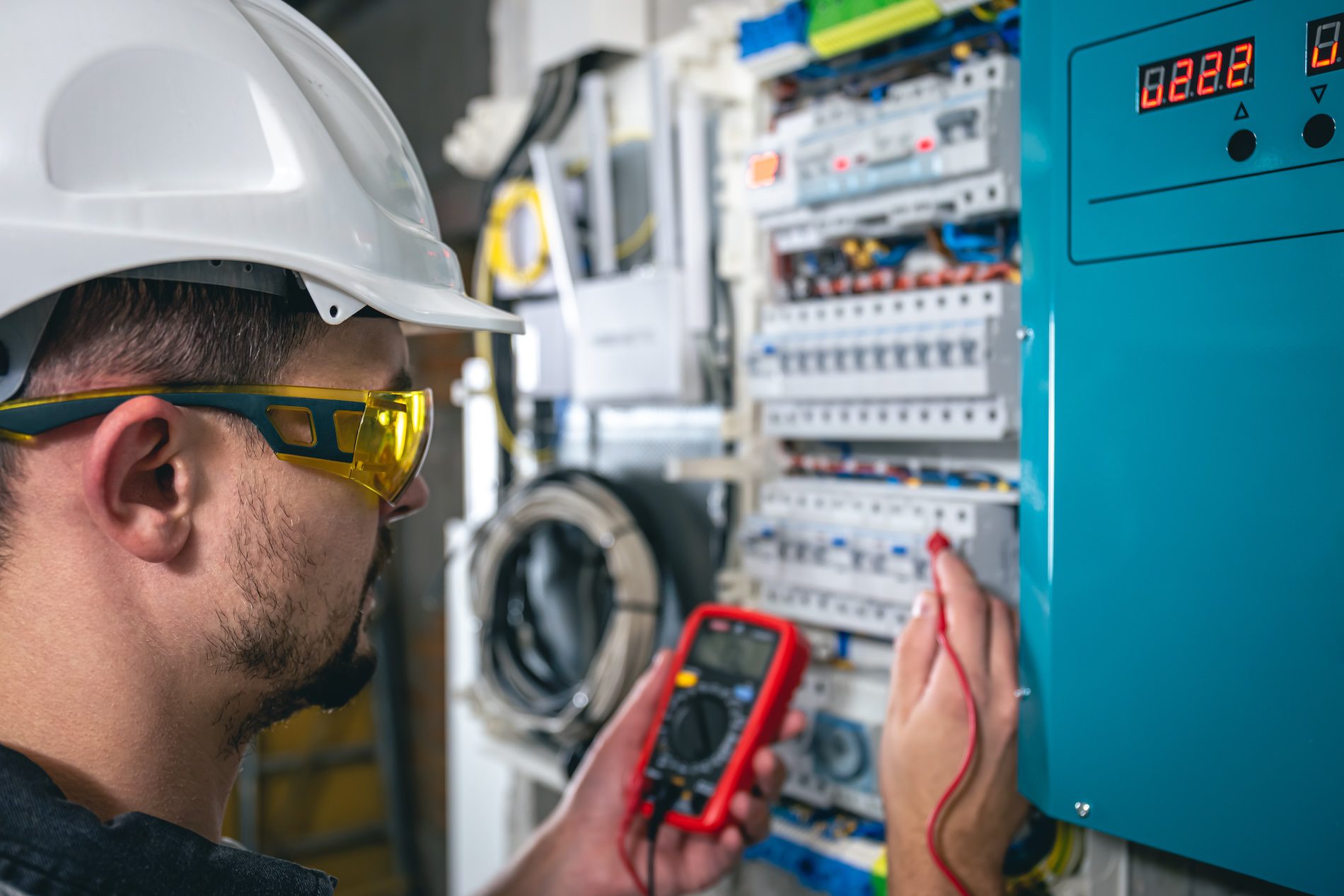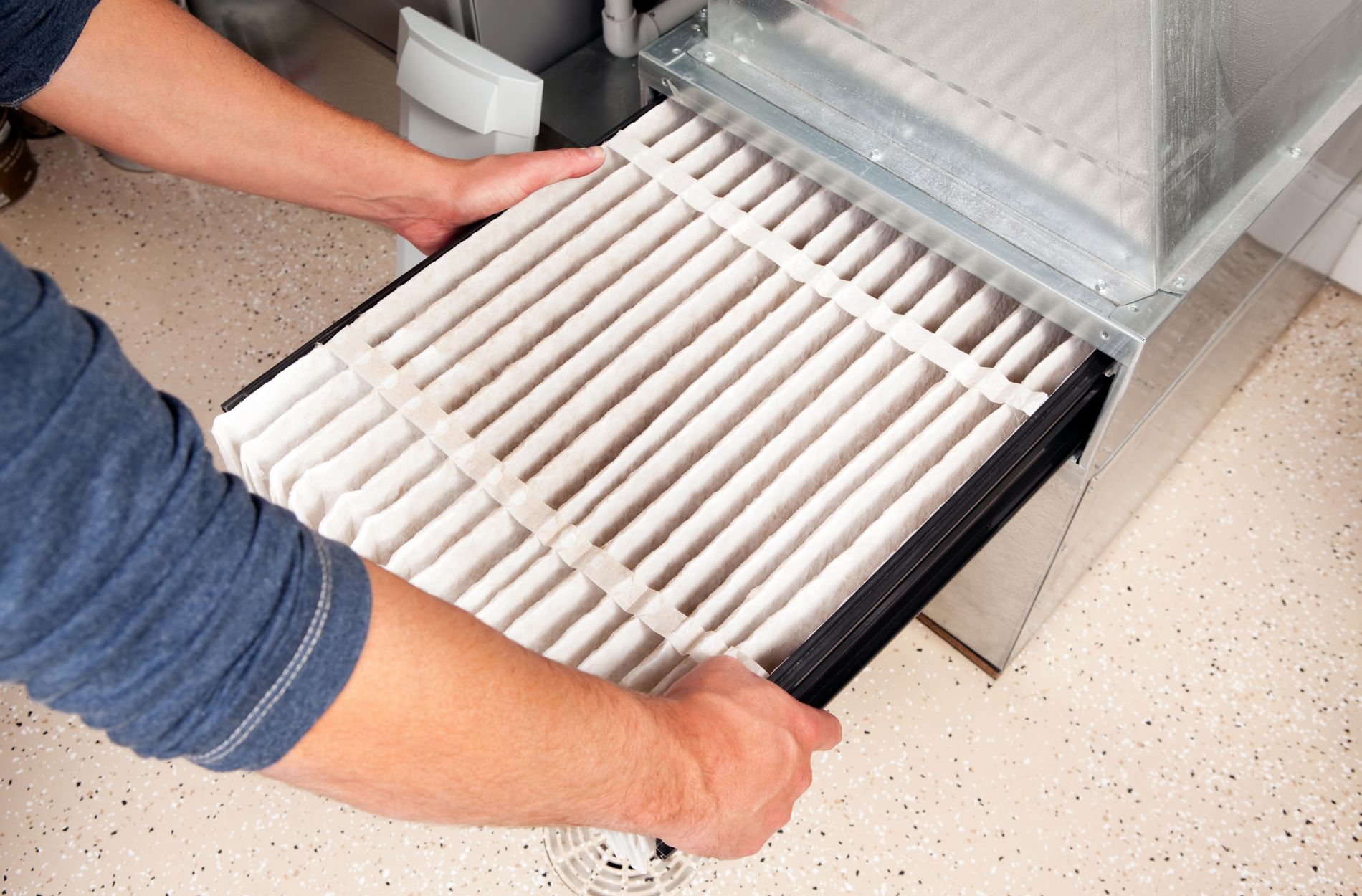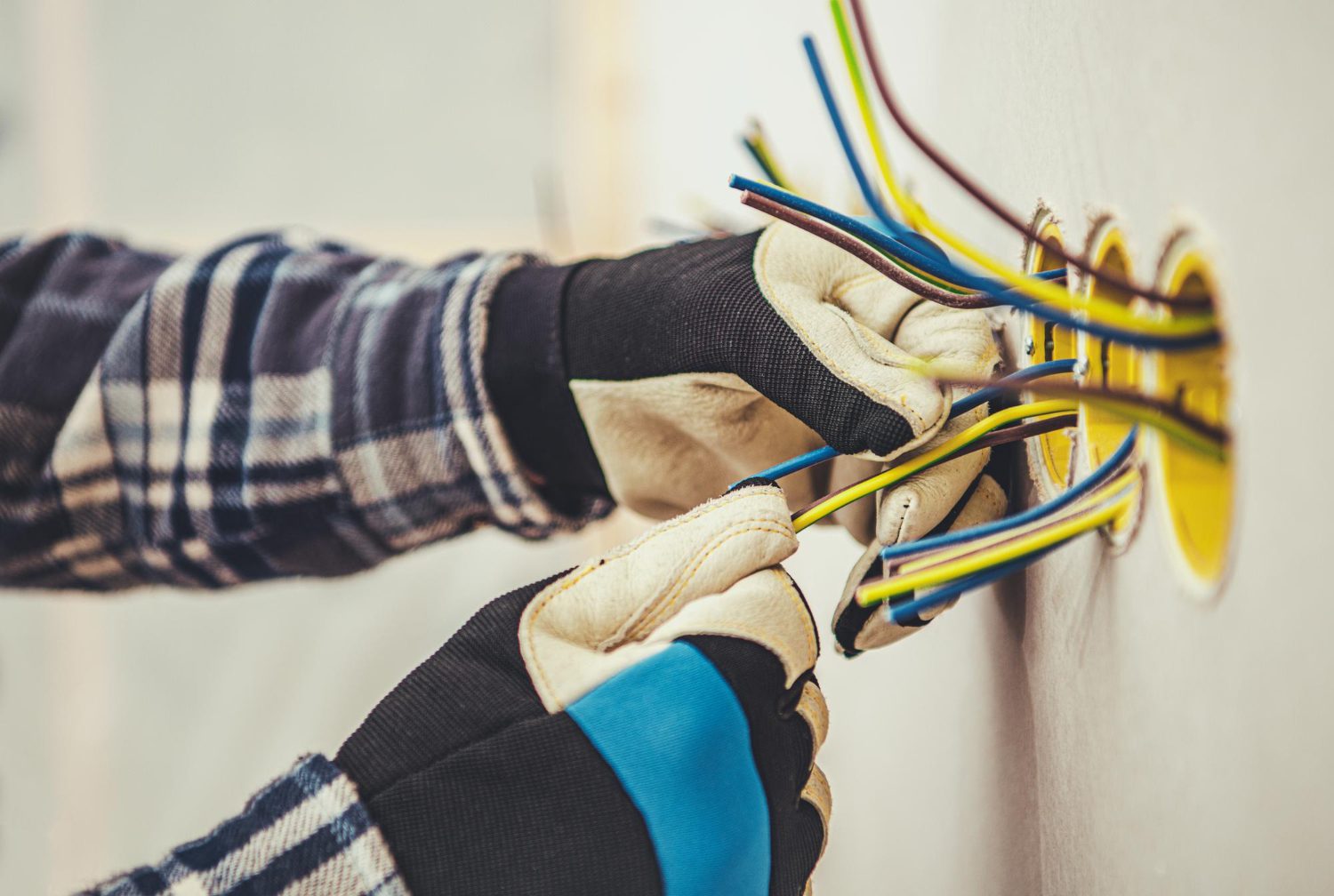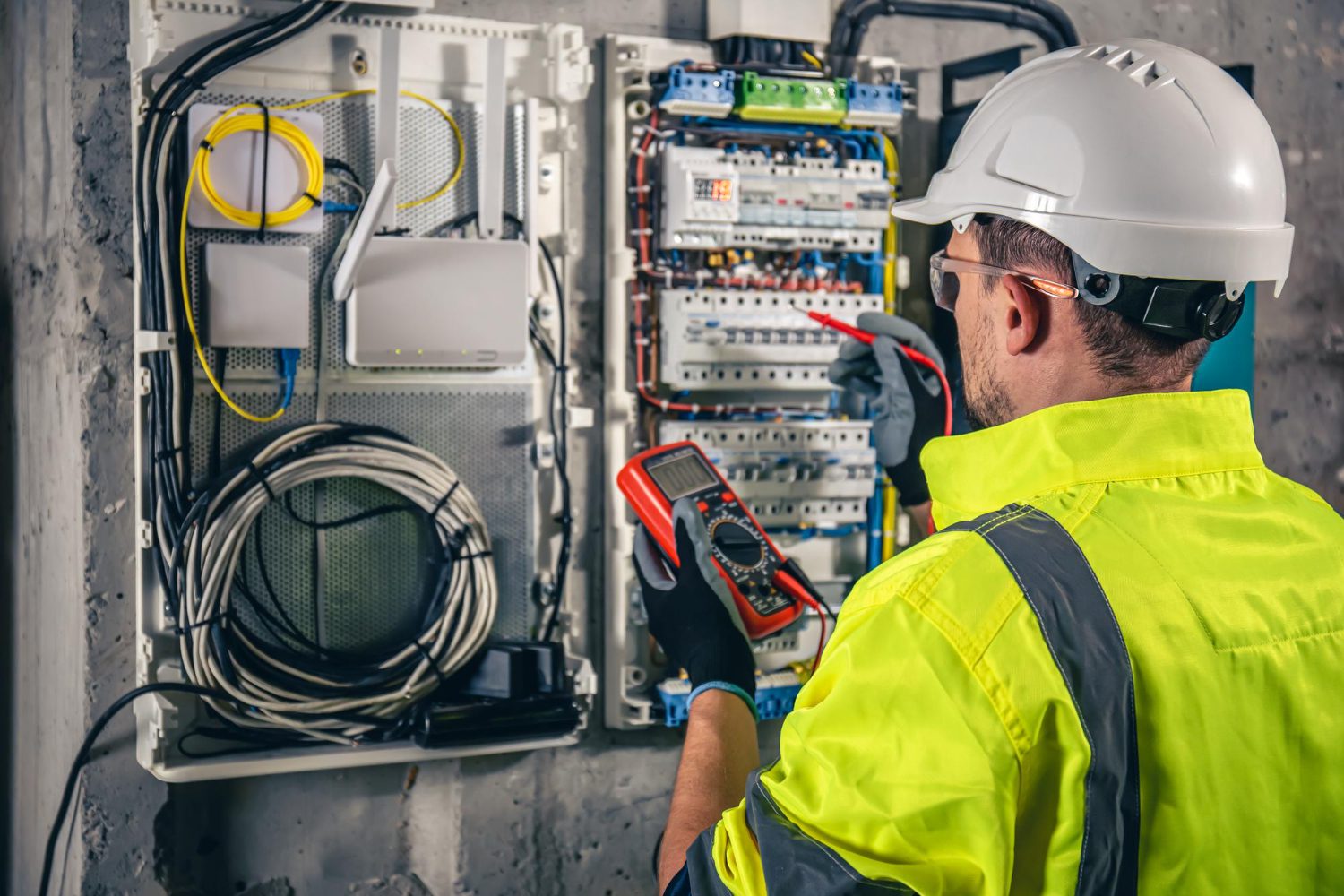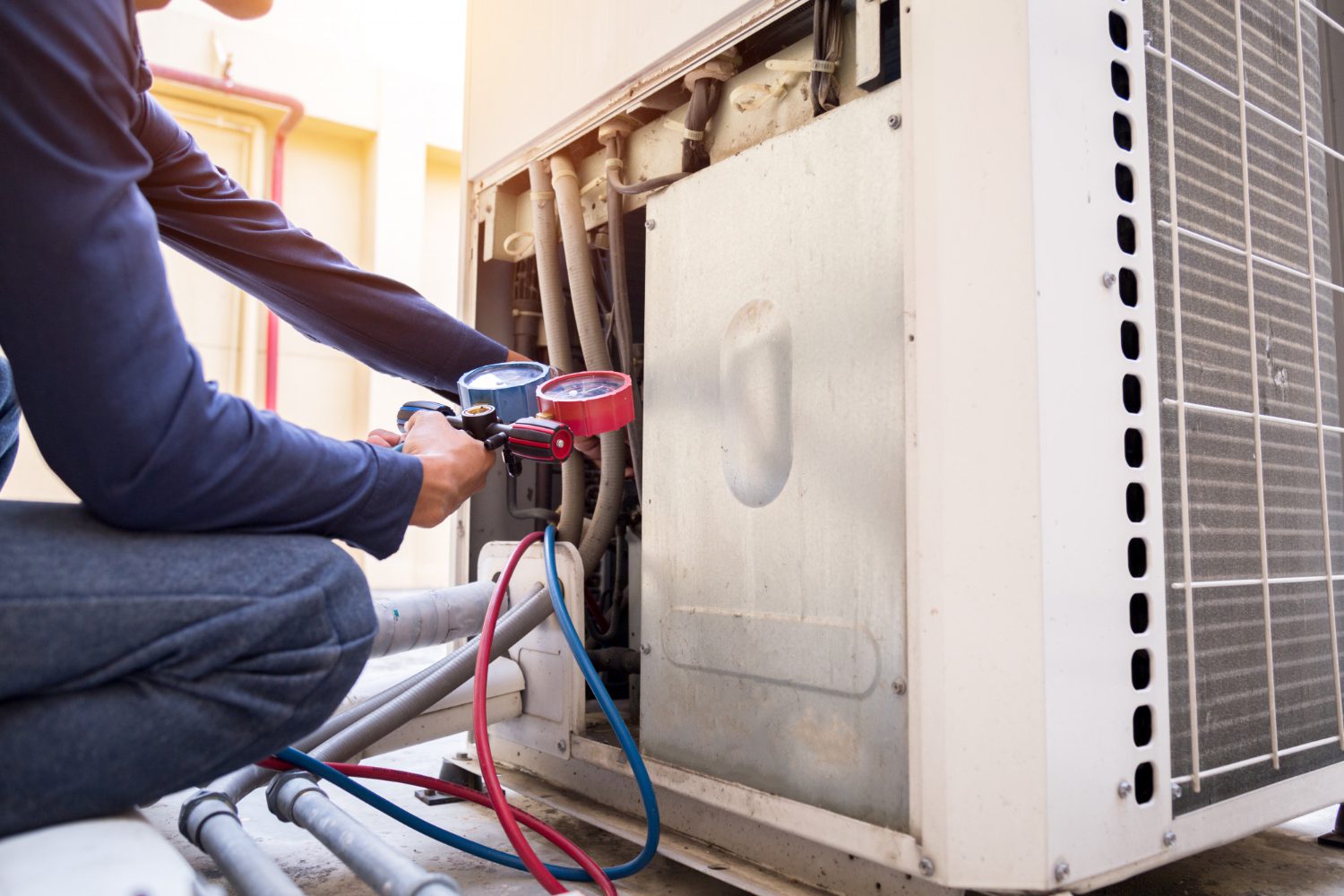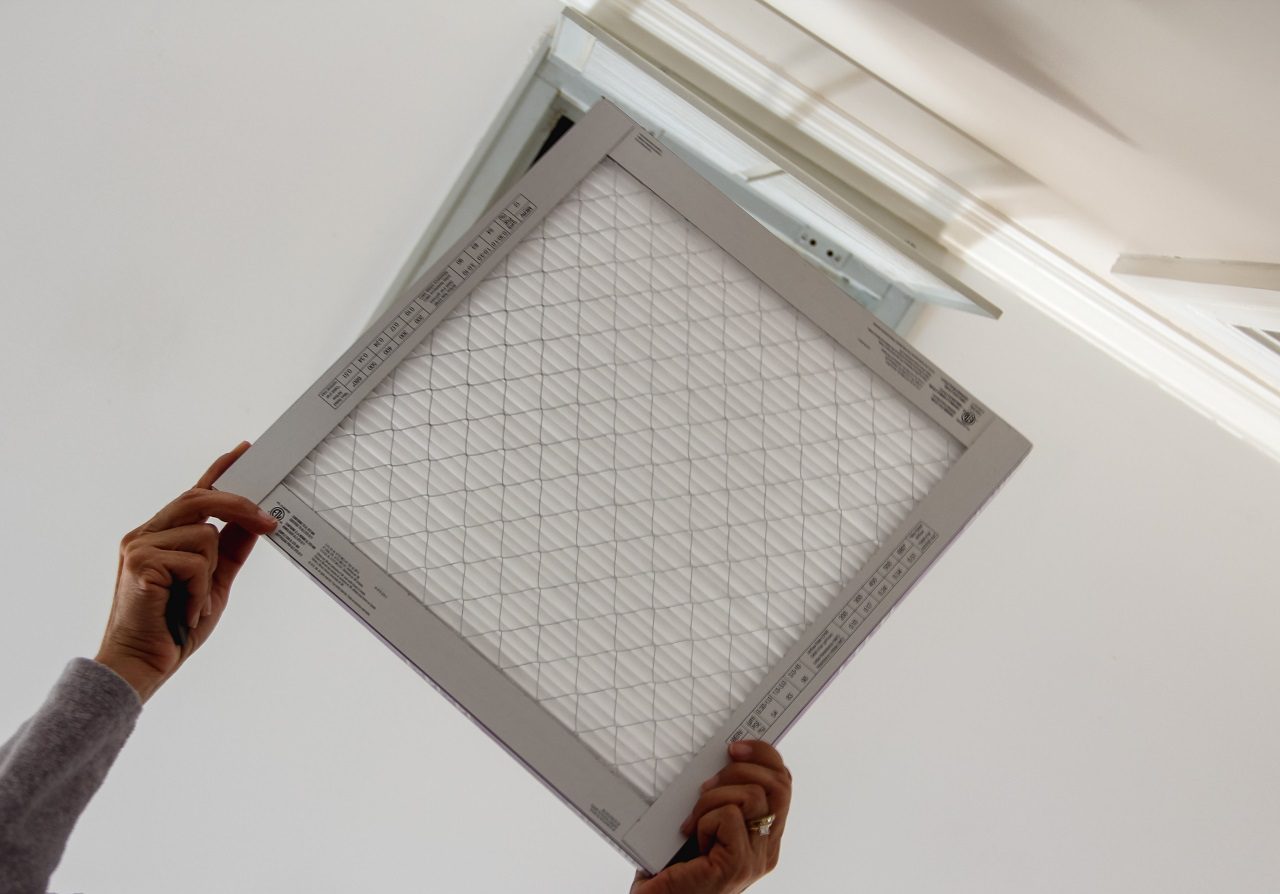Every homeowner faces electrical issues at some point, and being prepared can make a significant difference in managing them effectively. It’s important to recognize the signs of these problems early to prevent them from escalating into more dangerous situations. In our everyday routines, we often overlook minor flickers in lights or occasional surges in power, but these can be early warnings of underlying electrical issues that need attention.
At Turner On Services, we understand that safety and efficiency are your top priorities. That’s why we’re here to guide you through detecting potential hazards in your electrical systems and how to address them swiftly. By familiarizing yourself with the common signs of electrical problems and knowing which fixes are safe to handle on your own, you can protect your home and your loved ones from the risks associated with electrical failures.
Equipped with the right knowledge, you can either resolve minor issues yourself or know when it’s critical to call in the professionals. We aim to empower you with the necessary tools and information to make your home safer and keep your electrical systems running smoothly. Let’s explore some tips and strategies together to ensure your electric system is always in top shape.
Recognizing Signs of Electrical Issues in Your Home
Identifying the early signs of electrical issues in your home is crucial for ensuring safety and preventing more severe problems down the line. At Turner On Services, we stress the importance of being vigilant. One common sign to watch for is flickering or dimming lights. This could indicate a poor connection and might lead to potential hazards if not addressed. Another telltale sign is frequent circuit breaker trips. While it’s normal for a breaker to trip occasionally, frequent trips suggest a serious fault in your home’s electrical circuit that requires immediate attention.
Additionally, if you notice any unusual smells like burnt plastic around outlets or switches, it’s imperative to turn off the power and consult us immediately. Such odors could signify overheating wires or faulty electrical components, posing a significant fire risk. Outlets or switch plates that are warm to the touch are also a warning sign of electrical problems. By keeping an eye out for these indicators, you can catch many electrical issues early and reduce the risk of electrical fires or other dangerous outcomes.
Common Electrical Problems and Their Easy Fixes
Many electrical issues in the home are common and can often be resolved without needing professional intervention. Understanding these can save you both time and anxiety. For instance, a tripped circuit breaker is usually easy to handle. First, unplug all the appliances in the affected circuit, then flip the breaker to the off position and back on. If it doesn’t trip again, plug in your devices one at a time to identify if one particular appliance is causing the overload.
Another frequent issue is a dead outlet. This problem can sometimes be resolved by resetting any associated GFCI (Ground Fault Circuit Interrupter). Press the reset button on the GFCI outlet and check if the power is restored. It’s also common for light bulbs to burn out prematurely in certain fixtures. This can be due to high-wattage bulbs or poor wiring. Make sure to check that the wattage of your bulbs matches the specifications for each fixture. However, if these steps don’t resolve the issue, or if you encounter more complex problems such as consistent flickering lights or frequent power surges, it’s wise to contact us at Turner On Services to ensure your home’s safety and proper handling.
Preventative Measures to Avoid Electrical Failures
Preventing electrical issues before they start is a cornerstone of home safety and efficiency. At Turner On Electric, we emphasize adopting proactive measures to help keep your electrical system in optimum condition. Regularly checking and servicing your electrical appliances can prevent the undue stress that leads to major failures. For instance, ensuring your appliances are not running constantly or overloaded can extend their life and prevent electrical mishaps.
Another critical preventative measure is to check your home’s wiring periodically. Older homes, in particular, may have outdated wiring that does not meet modern safety standards. Upgrading your wiring can significantly reduce the risk of fire and improve the overall safety of your electrical system. Additionally, installing surge protectors can prevent damage from power surges, safeguarding your appliances and electronics from sudden spikes in voltage that could cause serious damage.
When to Call a Professional for Electrical Repairs
Recognizing when to call a professional is just as important as understanding common electrical issues. There are several scenarios where contacting Turner On Services is the safest and most effective course of action. If you notice persistent issues like circuit breakers tripping frequently despite resetting, or if you have outlets and switches that stop working or show signs of discoloration and scorch marks, it’s time to call in the professionals.
DIY electrical work can be dangerous and may exacerbate the problem if not done correctly. Professional electricians are equipped with the necessary tools and knowledge to diagnose and correct underlying issues safely. From complete wiring inspections to replacing faulty circuit breakers or panels, having a seasoned expert handle complicated repairs not only ensures safety but also guarantees that the job is done right. If you are ever uncertain or uncomfortable handling any electrical repair yourself, it’s wise to contact us to ensure your home’s electrical integrity.
Closing Thoughts
Maintaining your home’s electrical system doesn’t have to be daunting. By recognizing early signs of trouble, addressing common electrical issues, and taking preventative measures, you can ensure a safe and efficient home environment. At Turner On Services, we’re dedicated to providing you with the knowledge and services necessary to keep your electrical systems in peak condition.
Remember, while many minor issues can often be handled on your own, knowing when to involve a professional can make a significant difference in preventing major electrical disasters. We are here to assist with any questions or concerns you might have about your home’s electrical needs.
If you ever find yourself in need of expert electrical repair, don’t hesitate to reach out to Turner On Serrvices, your trusted Milford electrician. Let us help you keep the lights on and your family safe.


